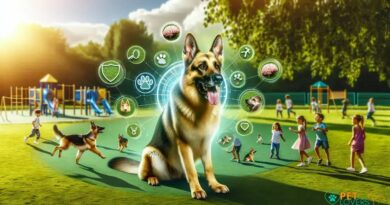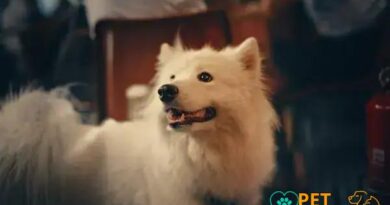What is dog aggression solutions
Understanding Dog Aggression
Dog aggression refers to a range of behaviors exhibited by dogs that can lead to aggressive actions towards other animals or humans. This behavior can stem from various factors, including fear, territorial instincts, or even frustration. Understanding the root cause of aggression is crucial for developing effective solutions.
Types of Dog Aggression
There are several types of dog aggression, including fear aggression, territorial aggression, and possessive aggression. Fear aggression occurs when a dog feels threatened and reacts defensively. Territorial aggression is displayed when a dog perceives an intruder in its space, while possessive aggression arises when a dog feels the need to protect its food, toys, or owner. Identifying the type of aggression is essential for implementing appropriate solutions.
Signs of Aggressive Behavior
Recognizing the signs of aggression in dogs is vital for preventing incidents. Common signs include growling, barking, baring teeth, and a stiff body posture. Additionally, a dog may exhibit aggressive behavior when it feels cornered or trapped. Observing these signs can help owners take proactive measures to manage their dog’s behavior effectively.
Causes of Dog Aggression
The causes of dog aggression can be complex and multifaceted. Factors such as genetics, socialization, and past experiences play significant roles in shaping a dog’s behavior. For instance, a lack of proper socialization during puppyhood can lead to fear-based aggression in adulthood. Understanding these causes is crucial for developing effective solutions.
Training Techniques for Aggressive Dogs
Implementing training techniques is one of the most effective solutions for managing dog aggression. Positive reinforcement training, where desirable behaviors are rewarded, can help reshape a dog’s response to perceived threats. Techniques such as desensitization and counter-conditioning can also be beneficial in reducing aggressive tendencies over time.
Professional Help for Aggressive Dogs
In some cases, seeking professional help from a dog trainer or behaviorist is necessary. Professionals can provide tailored training plans and behavior modification strategies that address specific issues. They can also guide owners on how to manage their dog’s behavior in various situations, ensuring safety for both the dog and others.
Environmental Management
Environmental management involves modifying a dog’s surroundings to minimize triggers that lead to aggression. This can include creating safe spaces for the dog, using barriers to prevent encounters with other animals, and managing situations that may provoke aggressive behavior. A well-managed environment can significantly reduce the likelihood of aggressive incidents.
Medical Considerations
Sometimes, aggression in dogs can be linked to underlying medical issues. Pain or discomfort from health problems can lead to irritability and aggressive behavior. It is essential for dog owners to consult with a veterinarian to rule out any medical conditions that may be contributing to their dog’s aggression.
Long-Term Solutions for Dog Aggression
Long-term solutions for dog aggression require patience and consistency. Owners must commit to ongoing training and behavior modification efforts. Regular socialization, continued positive reinforcement, and monitoring the dog’s behavior in various situations are key components of a successful long-term strategy.
Resources for Dog Owners
Numerous resources are available for dog owners dealing with aggression issues. Books, online courses, and local training classes can provide valuable information and support. Engaging with a community of dog owners facing similar challenges can also offer encouragement and practical advice for managing aggression effectively.



